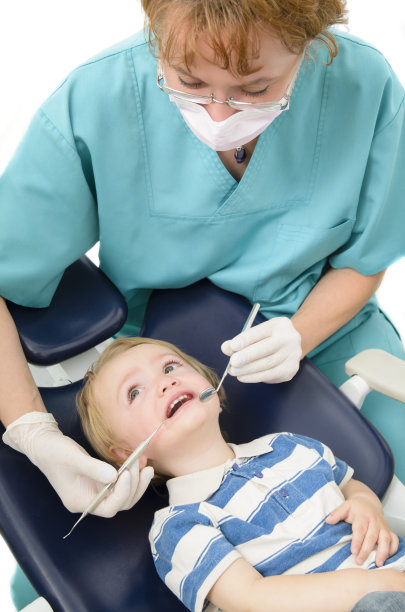Essential Precautions to Ensure Optimal Results After Receiving Dental Fillings and Prevent Future Oral Health Issues
Summary: After receiving dental fillings, it is crucial to understand the essential precautions that can enhance recovery and prevent future oral health issues. This article explores four vital aspects: maintaining oral hygiene, dietary considerations, understanding possible filling side effects, and regular dental check-ups. By adhering to these precautions, patients can ensure the longevity of their fillings and promote overall oral health. Following these simple yet effective guidelines can lead to optimal results and a healthier smile.
1. Maintaining Proper Oral Hygiene

After dental fillings, the importance of maintaining proper oral hygiene cannot be overstated. It is essential to brush your teeth at least twice a day, particularly with fluoride toothpaste, to protect both your fillings and the surrounding enamel. Gentle yet thorough brushing will help reduce plaque buildup, which can lead to further tooth decay if left unchecked.
Flossing is equally critical in keeping the spaces between your teeth clean. Food particles can become lodged around fillings, leading to potential complications. You should floss daily to ensure that these areas remain plaque-free, contributing to long-term oral health.
Additionally, consider using an antibacterial mouthwash to enhance your oral hygiene routine further. Mouthwash can help eliminate bacteria and prevent bad breath, providing extra protection for your newly filled teeth.
2. Dietary Considerations After Fillings
Your diet plays a significant role in recovery after receiving dental fillings. It’s advisable to avoid hard, sticky, or chewy foods for at least 24 hours post-treatment, as these can dislodge or damage the filling. Soft foods like yogurt, smoothies, or mashed potatoes are safer alternatives during this recovery period.
Moreover, steer clear of hot or very cold foods and beverages, as they can cause sensitivity in freshly filled teeth. Instead, opt for lukewarm meals and drinks to ensure a comfortable healing process.
It is also wise to limit sugary snacks and drinks, as they can promote cavity formation, undermining the benefits of your filling. Incorporate a balanced diet rich in vitamins and minerals to support oral health and overall recovery.
3. Understanding Possible Filling Side Effects
After dental fillings, it’s crucial to be aware of potential side effects that might occur. Some patients may experience sensitivity to hot or cold temperatures for a few weeks post-treatment. This sensitivity is typically temporary, but if it persists, you should consult your dentist to discuss possible solutions.
Another common side effect is discomfort or pain around the filled tooth, particularly when biting down. If you find that the tooth feels raised or uneven, returning to the dentist for an adjustment might be necessary to avoid further complications.
Lastly, be attentive to any unusual symptoms, such as persistent swelling or severe pain. These could indicate complications such as infection or improper filling placement, which require prompt professional evaluation.
4. Importance of Regular Dental Check-Ups
Regular dental check-ups are paramount for monitoring your fillings and overall oral health. Visiting your dentist every six months allows for the early detection of any potential issues, ensuring that problems can be addressed before they escalate.
During these visits, your dentist will check the integrity of your fillings and the surrounding teeth, providing you with peace of mind and advice on any additional care needed. Professional cleanings also help keep your teeth and gums healthy, reducing the risk of future fillings.
Moreover, your dentist can offer personalized guidance on how to care for your teeth based on your oral health and history. Taking proactive measures through check-ups can significantly enhance the longevity of your fillings.
Summary:
In conclusion, following essential precautions after receiving dental fillings is crucial for optimal recovery and long-lasting oral health. Maintaining proper oral hygiene, being mindful of your diet, understanding potential side effects, and scheduling regular dental check-ups can significantly improve your overall dental experience.
This article is compiled by Vickong Dental and the content is for reference only.



